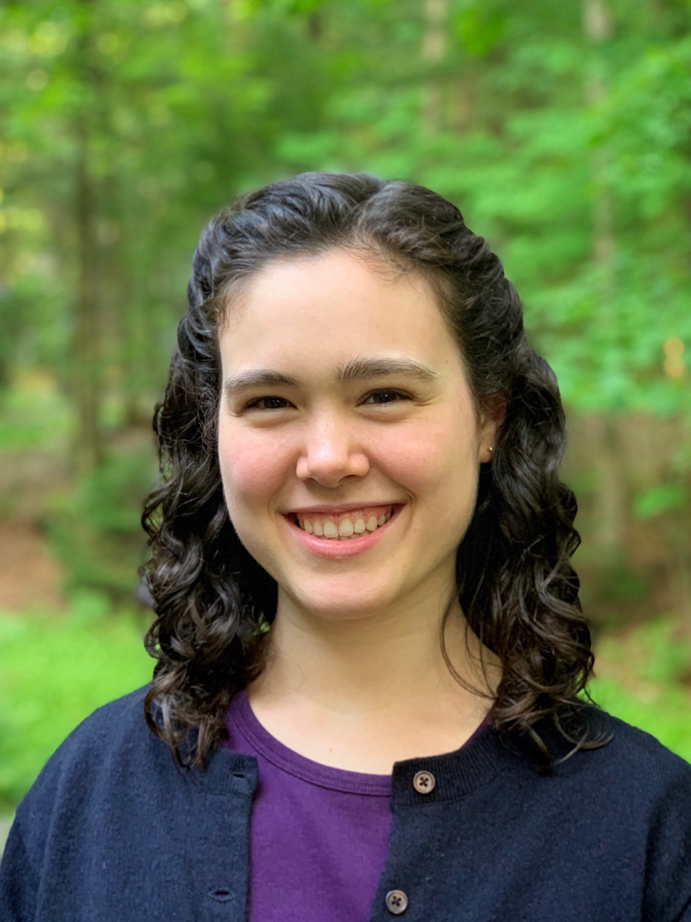Catherine Campbell is a Health and Societies major concentrating in the history of medicine, with minors in Urban Studies and English. She is especially interested in the history of care work, both formally and informally, as well as in religion and theology, pastoral care, and social action. Her homes on campus are at Kings Court English College House, where she is an RA for first-year students; among the stacks at Van Pelt; or in performing arts spaces, dancing, creating choreography, and singing with Penn Ballet and the Collegium Musicum choir. Her project for the Ties that Bind Conference is her honors thesis in Health and Societies, for the support of which she is also a recipient of a research grant from the College Alumni Society.
Catherine Campbell
Wolf Humanities Center Undergraduate Fellow
2019—2020 Forum on Kinship
Catherine Campbell
Health & Societies
“But if you could see the difference the library and a woman has made in that place!”: Taking Care of Men and Books in World War I
During World War I, just over 1,200 librarians lived and worked among military personnel in American training camps, transport vessels, and hospitals. These professionals were employed by the American Library Association, a new organization that formed part of the expansive, tightly controlled, and fairly prescriptive project of “wholesome recreation” for troops. This was a goal which some Progressive-era citizens and political leaders insisted on—the war, it was understood, could not be allowed to corrupt the morals of American men. However, documentary evidence of the work of those who left standard public library jobs in order to serve as hospital librarians in U.S. camps (who were nearly all women) shows that they found themselves in an unusual and special work context. They had strong personal and professional kinship with their colleagues in the hospital wards; nurses and librarians lived together, dressed much alike, answered to the same authorities and identified with one another. In stark contrast to these other women workers, however, I argue that hospital librarians found a way to have outsize authority over their work. These librarians used their books, the gendered trust placed in their intuition, their daily decision-making power, and their roles taking care of American troops’ physical and moral well-being to become arbiters of ideal masculinity in the 20th century.



